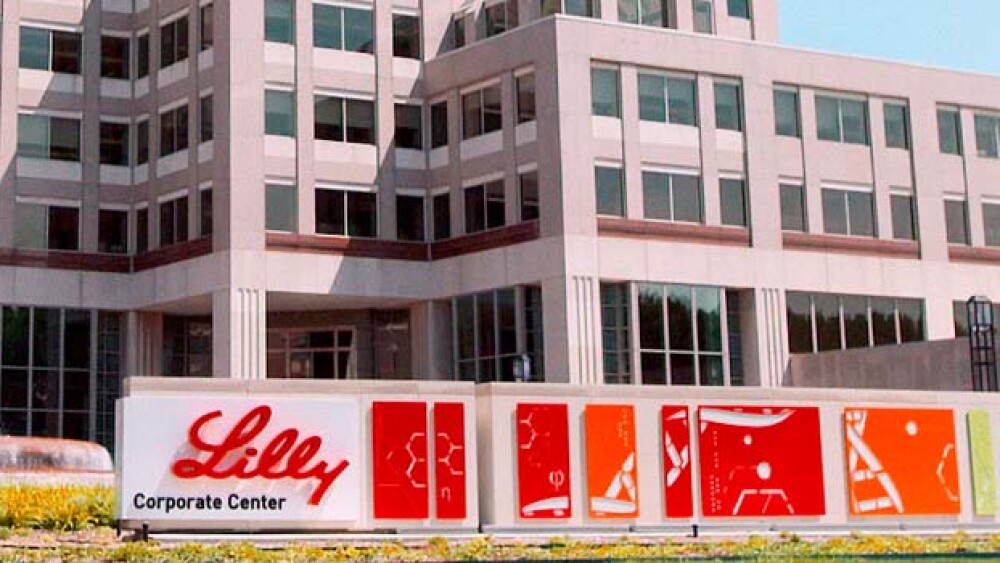Lilly’s CEO noted at JPM that the recent tax changes should free up cash for more M&As.
Dave Ricks, the chief executive officer, and Darren Carroll, senior vice president of corporate business development, of Eli Lilly & Co. gave an interview at the J.P. Morgan Healthcare Conference in San Francisco, noting that the recent tax changes should free up the company for more mergers and acquisitions.
In the past, Lilly has avoided large deals, and even with the changes in the tax code and the likelihood that companies will see more cash due to lower taxes and be able to repatriate overseas cash at a lower rate, the company doesn’t think megadeals are on the table. Carroll said at the meeting, “those deals, frankly, we don’t believe are very helpful for shareholders on either side of the equation.”
However, the extra funds will allow it to be more competitive when looking to buy assets and will provide some leeway in terms of infrastructure and growth. Ricks stated in the interview, “The next investment, the next plant we build, the next lab we want to build, we can make that decision without so much worrying about what the tax rate is, and rather where’s the talent and the market we want to serve and the best way to do that.”
In terms of acquisitions, the company is looking to expand its immunology pipeline as well as oncology. Carroll noted that, in terms of oncology, “we will, on a very selective basis, look to act.”
In immunology, it has Taltz for psoriasis and baricitinib, which is awaiting U.S. Food and Drug Administration (FDA) approval for arthritis. Another area of interest is pain management. Carroll noted, “we think we’re in a great position to be a partner for companies.”
The company is also reviewing the future of its animal health business, Elanco. The unit has grown significantly in the last decade, concluding at least 10 deals since 2007. In 2016, the business unit cut the ribbon on a 48,000-square-foot research center in Greenfield, Indiana to focus on vaccines for livestock animals and pets.
“It’s a mature business now,” Ricks said in the interview, “and that integration has been completed.” Lilly expects the review to be completed by the middle of this year.
The company is evaluating whether it might sell or spin off the animal health unit. Carroll said in the interview, “This is not a business that we have to sell. We’re not in any way, shape or form looking to divest because we’ve done something else that compels us to get the cash.”
Another concern that came up, however, was Puerto Rico. Lilly has an affiliate, two manufacturing plants and a small sales force in Puerto Rico, which is still struggling to recover from Hurricane Maria. It employs more than 1,000 people on the island. Pharmaceutical companies and medical device companies have invested heavily into the U.S. territory, which accounts for almost a third of its economy. However, the recent tax changes may have increased the costs of doing business there.
“That’s something that was not addressed in this tax reform package,” Ricks noted. “Absent some change, it will become economically more difficult through time. We don’t have any changes planned, but I’m worried for the island in that regard.”





